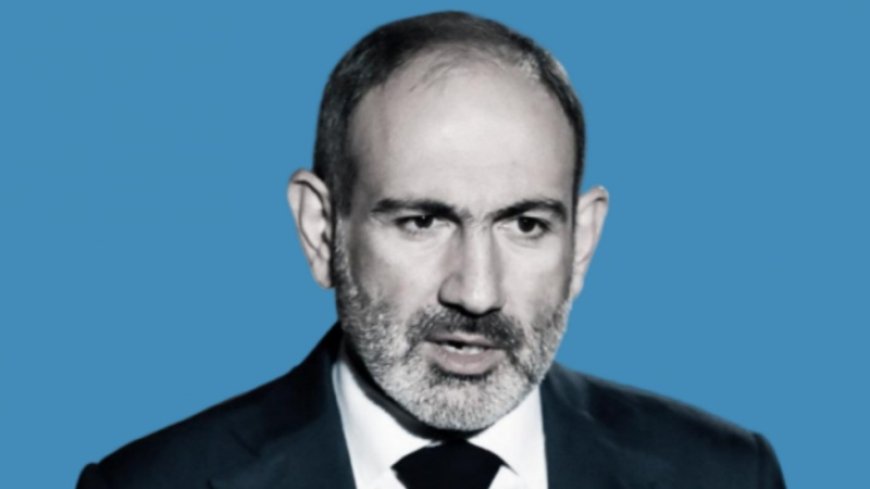Pashinyan's Big Bet: Can Yerevan Resist Russia's Challenges?
Several factors have led Armenia to gradually turn towards the West and the European Union. Disappointment with Russia's support in the second Karabakh war in 2020 and Armenia's defeat by Azerbaijan have weakened Yerevan's confidence in Moscow's military support.

Several factors have led Armenia to gradually turn towards the West and the European Union. Disappointment with Russia's support in the second Karabakh war in 2020 and Armenia's defeat by Azerbaijan have weakened Yerevan's confidence in Moscow's military support.
Not only was Russia unable to stop Azerbaijan's advance, but its role as a mediator in this conflict was considered inadequate by a large number of Armenian politicians and people.
The two main axes of Armenia's cooperation with the West are democratic reforms and economic development.
Economic pressure and the need to diversify Armenia's economy are largely dependent on Russia, but cooperation with the European Union can pave the way for attracting foreign investment and strengthening the country's foreign trade.
The consequences of Armenia's membership in the European Union for Russia
Armenia's turn towards the European Union and the possibility of joining this union will have several impacts on Russia. These consequences can be viewed in three dimensions: political, security, and economic.
Political dimension: The weakening of Russia's geopolitical influence in the South Caucasus region.
This change could reduce Russia's authority and bargaining power in regional equations.
Armenia's turn towards the European Union could become a model for other countries in the South Caucasus, which would pose a strategic challenge to Russia's foreign policy.
Security dimension: The growth of Western military and political influence in the South Caucasus.
This development could challenge the traditional security order in the region, which was dominated by Russia.
EU membership could weaken Russia's role in ensuring Armenia's security and could even lead to the withdrawal of Russian forces from Armenian military bases, after which new actors could potentially enter this conflict.
Economic dimension: Russia's share in the South Caucasus markets is decreasing.
The weakening of Russia's financial influence in Armenia will reduce this financial flow and weaken one of the instruments of Russia's economic influence.
What will be Russia's likely reaction?
This reaction can occur at three levels:
Political and economic pressure: Moscow could use tools such as raising trade tariffs, restricting gas exports, or imposing economic sanctions to put pressure on Yerevan.
Strengthening cooperation with Azerbaijan: In the event of Armenia making a full turn towards the West, Russia could strengthen its relations with Azerbaijan and even adopt a more neutral stance on the Karabakh conflict.
Increased military presence in the region: Russia may strengthen its military presence in Armenia or other regions of the South Caucasus to maintain its influence.
Overall, it seems that Armenia's membership in the European Union, although a long-term scenario, poses very serious challenges to Yerevan in the medium and even short term. Can Pashinyan's government withstand such challenges in this great gamble?













































